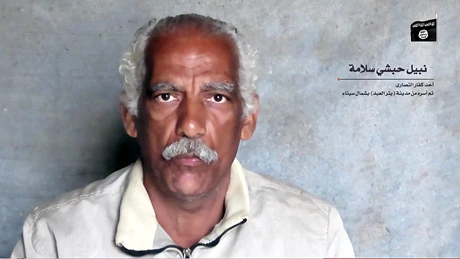So, I’m not one to stress about much, but we all have our moments. When my dad’s illness began to worsen back in 2018, I stressed out a lot. I even had this problem spot in the middle of my head where I had hair breakage.
Now, I hadn’t had anything like this happen since I was a senior in college, for obvious reasons. My hair was so damaged in this one spot that it spread to about the size of the palm of my hand and became so short that I had to try covering it by getting my hair braided in styles that could hide it.
When my dad passed, that section of my hair got so short that it looked as if someone had taken clippers to it. I was embarrassed because I couldn’t style my hair and embarrassed for feeling embarrassed. I only told a few people, but everyone had suggestions that didn’t work. “
“Just cut your hair, it’ll grow back.”
“Massage your scalp with oils every night.”
“Just leave it be, it will be fine.”
Well, it wasn’t fine, but they all meant well, and I appreciated their suggestions. It got to the point that all I could do was wear my hair in a bun. I had to gel it up real tight and add my $2.99 bundle of hair. You know what? I hated that bun. While everyone else assumed it was my favorite go-to, I was hurt inside because it was all I could do to maintain.
Wait on the Lord, His Promises are Sure.
I began to pray that God would allow my hair to grow back. Not only did He promise to answer my prayer, but He promised that each strand in the middle of my head would grow the length of the rest. Now, how that was going to happen, I don’t know, because there was nothing there to start from. But just like He said, it grew back. Now, I thought of this story the other day as I was trimming my ends and noticed that my hair is pretty much all the same length, and it’s grown longer. See what happens when we wait on the Lord?
So, no, this is not about losing my dad, or a new hair growth method, although if it’s been too long, you may be due for a trim. What this is about is the promises that God made to you.
Just like my hair follicles, you may be worried that something won’t quite grow the way you need it to – even though God said He’d handle it. It’s probably looking pretty bleak over there behind that smile and it may feel like you’ve lost too much to get back what you’re due.
Let me tell you something… God keeps His promises! My hair growing back may seem trivial, vain even, but it was important to me. God used this moment of remembrance as a reminder that He did not forget about this seemingly small matter, and He hasn’t forgotten about my bigger prayers, either.
So, What’s the Play Call?
I know it might seem as though things aren’t coming in the way you prayed for them to, but God has got you covered. Here are a few things to remember when you are suffering from damage and waiting for growth, change, or healing:
- Ask for it. I asked for God to allow my hair to grow. It is okay for you to ask for what you need from the Lord. “Ask, and it shall be given you; seek, and ye shall find; knock, and it shall be opened unto you:” Matthew 7:7
- Seek to please God. When you desire to please God, the prayers you pray may change in order to align with His will. So yes, ask for what you want, but allow Him to align you with His will. “Delight thyself also in the Lord; and he shall give thee the desires of thine heart.” Psalms 37:4
- You must be patient. Whew, this is a tough one because I know we all get anxious when we are waiting on something that we’re not sure will ever come. But, being patient helps us to hear God and stay in His will. “For ye have need of patience, that, after ye have done the will of God, ye might receive the promise.” Hebrews 10:36
- Trust God. Your patience will pay off if you put your faith and trust in Him. Others may mean well, but all of their advice and suggestions will never compare to God’s. “Trust in the Lord with all thine heart; and lean not unto thine own understanding.” Proverbs 3:5
When we wait on the Lord for results, it can be painful and embarrassing. But with God, it will always be worth it. God always keeps His promises.




